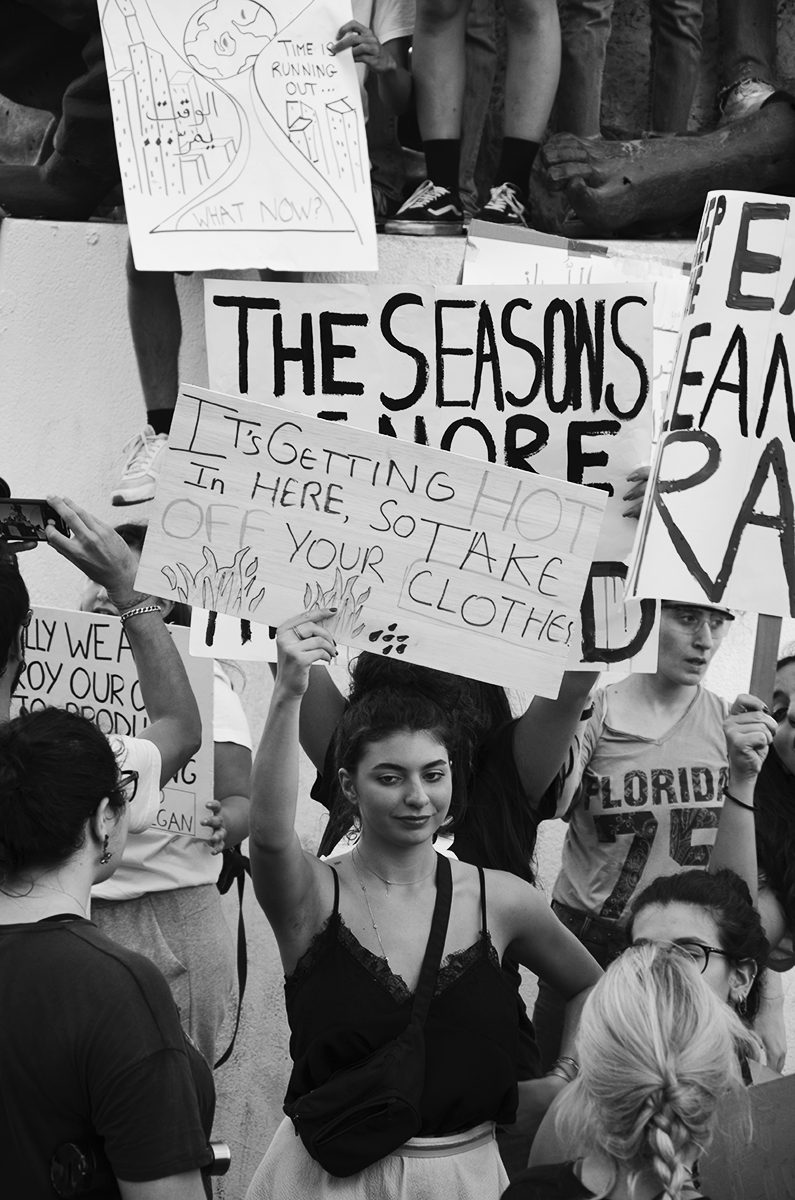No recycling system, clogged roads, electricity produced from fossil fuels. In Lebanon, there is much to do to protect the environment and the climate. Nevertheless, few people support the Fridays For Future movement. Why is that?
The article was published in the taz and can be read online here.
